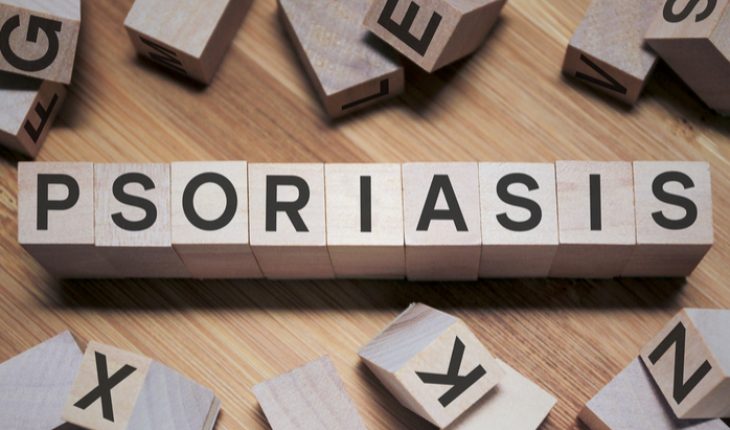Congratulations to Dr Satveer Mahil, winner of the Wesleyan RSM Trainee of the Year.
On Thursday 23 November five young doctors competed for the coveted title of Wesleyan RSM Trainee of the Year. Marking the culmination of the Royal Society of Medicine’s 2016/17 prize programme for trainee doctors, the awards evening will celebrate the very best of the RSM and its trainees. The RSM will be awarding prizes to both oral and poster finalists.
The five oral finalists presented for 10 minutes, followed by a 5 minute Q&A session with the audience and finalist judges who this year included:
Dr Fiona Moss, Dean, Royal Society of Medicine;
Sir Simon Wessely, President, Royal Society of Medicine;
Dr Keith Ridge CBE, Chief Pharmaceutical Officer for England, NHS England;
Professor Gillian Leng CBE, Deputy Chief Executive, National Institute for Health and Care Excellence.
Satveer Mahil, a Dermatology SpR, was one of the five finalists who has identified a group of inflammatory proteins as a new target for the treatment of psoriasis.
“I am currently a Dermatology SpR (ST5) at St John’s Institute of Dermatology, London. I have just completed an MRC-funded PhD at St John’s Institute of Dermatology on the validation of the IL-36 receptor as a potential therapeutic target in pustular and plaque psoriasis.
I assessed the safety of targeting a specific protein (IL-36) by examining the impact of mutations that inhibit its activity. I identified a group of individuals who were born with a genetic defect that blocked IL-36 receptor signalling, examined their medical records, performed clinical examinations and immune cell stimulation assays.
I assessed the safety of targeting a specific protein (IL-36) by examining the impact of mutations that inhibit its activity. I identified a group of individuals who were born with a genetic defect that blocked IL-36 receptor signalling, examined their medical records, performed clinical examinations and immune cell stimulation assays.
These investigations did not reveal any abnormalities in immune function, suggesting that a drug inhibiting IL-36 signalling would not have severe adverse effects on immune function. Genetic validation of therapeutic targets in this manner has been gaining increasing interest in the field of drug development.
Psoriasis is a common inflammatory skin disease that is associated with reduced mortality and major systemic co-morbidity. In recent years, biologic therapies (drugs that target specific pro-inflammatory molecules) have demonstrated clinical benefit in patients affected by severe psoriasis.
However, there is variability in responses amongst patients and even the most effective drugs do not work in all affected individuals. This study identified a group of inflammatory proteins (IL-36 cytokines) as a new target for the treatment of psoriasis.
It was challenging to secure research funding, gain timely REC/HRA approvals, optimise the functional assays, and recall the individuals with IL-36 receptor mutations. But applying for prizes and awards has been a great opportunity to receive feedback and critique on my current research as well as gain useful suggestions for future work.
It has given me opportunities to network with colleagues who are working on related topics and share ideas. It raised the profile of my research and increased its visibility; opening up avenues for new collaborations.
Early career experience in applying for awards and grants helps to consolidate and develop your research ideas, and is an invaluable opportunity to receive detailed feedback from senior colleagues on your work.”
The RSM Wesleyan Trainee of the Year Award takes place at the RSM on Thursday 23 November and is free to attend. Find out more and book at www.rsm.ac.uk/wesleyan2017
- New lipid-based pathway discovered as key to memory formation - 25th June 2025
- Crucial link could explain how Alzheimer’s takes hold - 25th June 2025
- Understanding Your Mind Can Improve Daily Life - 25th June 2025






